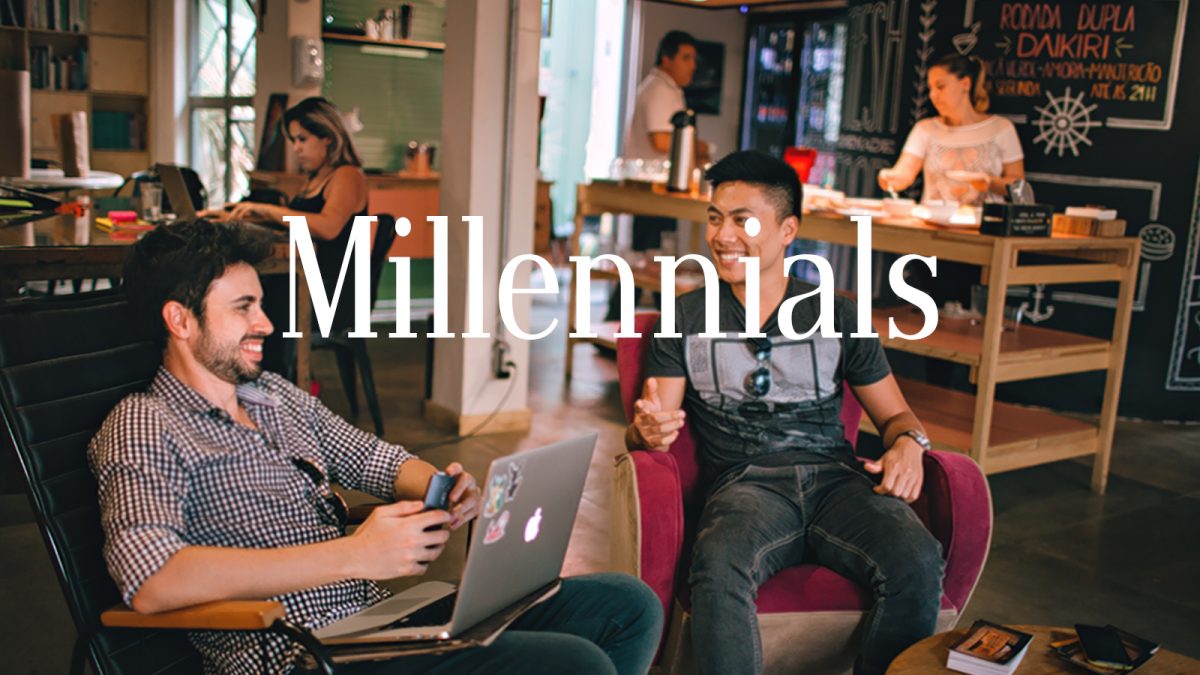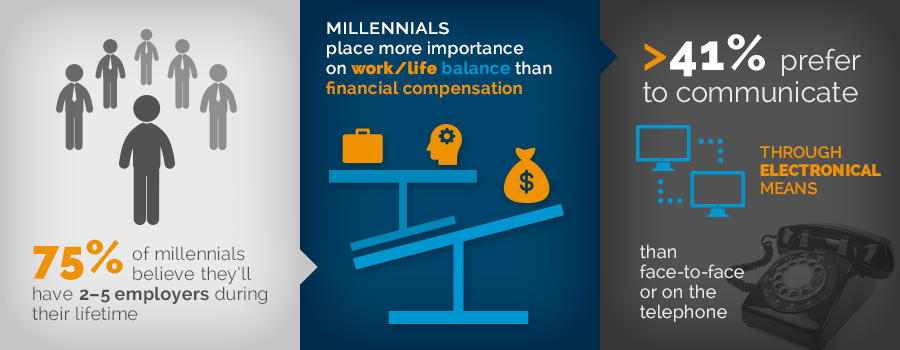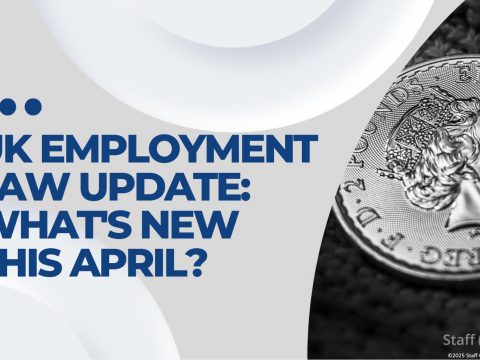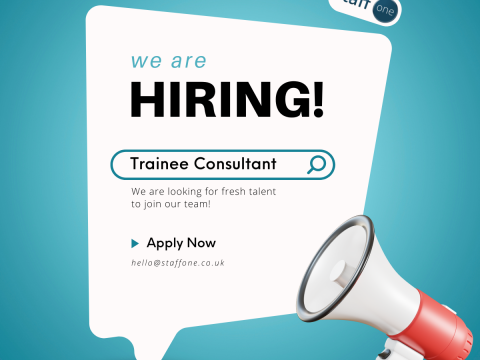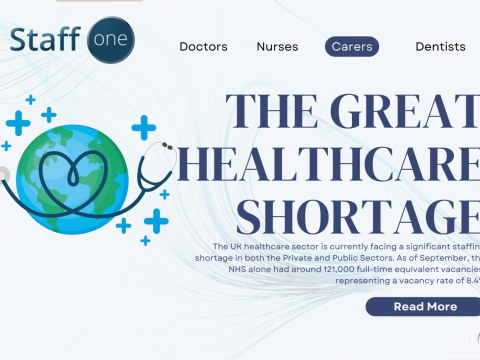- Contact us:
- 03300 535 600
- hello@staffone.co.uk
How are millennials going to change as they gain more experience? Will they preserve the values and characteristics that have made them such a unique addition to the workforce, or will they transform into something else entirely? This is a question that is asked by many employers.
Millennials get a bad rep for being lazy, entitled but the fact of the matter is in 2020 50% of the workplace will be lead by millennials, meaning the generation now has a big driving force in the workplace when it comes to change.
This may be simply because as millennials get older they are able to navigate their career, finding work that better suits them, which in turn increases their levels of engagement. But the fact that they are the major advocates for change also suggests that they may feel like they’re “waiting” for their employers to catch up with them, thus affecting how much they are able to emotionally commit at work.
Millennials are not scared of changing jobs. Holding a job for more than 20 years is becoming more and more rare, the change may be fueled by the fact that employees are confident in their ability to find work, half of the employees say they are actively looking for a new job or watching for openings, and 35 percent of workers reported changing jobs within the past three years.
But millennials are more likely than both Gen Xers and baby boomers to say a job that accelerates their professional or career development is “very important” to them. It seems they are not only looking for a job they are passionate about but one that fits into the bigger picture of their career path. Where millennials differ from Gen Xers and baby boomers is in how strongly they value benefits that affect their lives as a whole, which is so much so that in many cases they will consider changing jobs for a specific perk or benefit.
“most workers, many of whom are millennials… want their work to have meaning and purpose. they want to learn and develop. they want their job to fit their life”
Diversity and inclusion is something that millennials are more open to for several reasons. They’re the most diverse generation we’ve ever seen, they’re naturally more enthusiastic about their philosophies and political battles, and they feel that diversity has been handled poorly by generations past. With more millennials taking the helm of leadership positions, even in major companies, we’re bound to see a bigger push for diversity and inclusion programs and incentives.
A previous study on benefits and perks found that over half of employees would switch to a job that allows them flextime, and 37% would switch to a job that allows them to work off-site at least part of the time. In fact, Gallup consistently finds that flexible scheduling and work-from-home opportunities play a major role in an employee’s decision to take or leave a job.
Working in a flexible environment and working remotely come hand in hand. Having the ability to pump out work in pyjamas or while sipping a latte at a coffee shop is often seen as lazy. But it seems they may be on to something: the study discovered that engagement climbs when employees split their time between working remotely and working in an office with their coworkers. This then ups the engagement of the employees making a more productive workplace environment.
As the millennials get older and more mature they are clearly having a more profound effect on the change and development of the workplace, If that frightens you, don’t worry—no generation stays in power so long that the next generation can’t change things back, or progress things even further.
It’s nearing time to start looking to Generation Z, working alongside Generation X and millennials, as the main driver of workplace changes
Words courtesy: Larry Alton, Brianna Steinhlber, Chieu Cao

